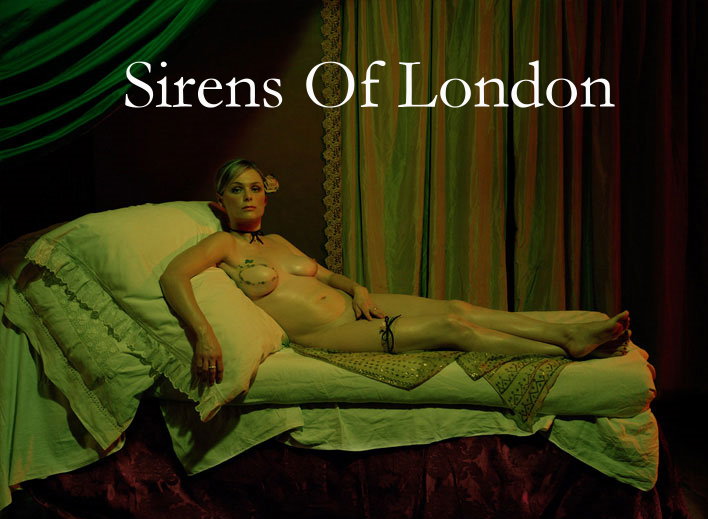
'I pulled off early today. Took your advice, went to a doctor about this ear. He says 'You have an ear infection, ten dollars please'. So I says 'I told you I had an ear infection, you give me ten dollars!' Well that started an argument.'
This is my first ever attempt at a proper film review, bar a GCSE write-up on Zefferelli's 'Romeo And Juliet' which I described as being 'a highlight of tedium, proving that the novelty of men in codpieces and tights wears off within four minutes.' However, as a means of testing my own creativity and hopefully expanding the audience of Sirens Of London, I thought I'd try and introduce some to what I think is the finest film ever made: 'Barton Fink.'
'Barton Fink' is a relatively simple story of eponymous playwright Fink (John Turturro), who moves from New York to Los Angeles after his succesful first play, 'Bare Ruined Choirs', attracts attention from Capitol Pictures. Asked to write a 'wrestling' picture, Fink develops crippling writers' block and relies on a friendship with insurance salesman Charlie Meadows (John Goodman) and writer's secretary Audrey (Judy Davis) to help him cope with the stresses of the Hollywood lifestyle. I can't really write any more of a synopsis because the film contains to my mind two of the best plot twists in any film and they come as such a surprise that anyone who has not seen this film will really appreciate the shock factor when they do see it.
So why do I love this film? First of all, it's by Joel and Ethan Coen, who to my mind are two of the finest storytellers in current film. Every single film of theirs has a certain charm or weight to it that doesn't rely on recurring trends or images, other than a reflection of their mastery of cinematography and narration. As directors, writers and producers, they seem to be able to flit from genre to genre with ease, tackling stoner comedy ('The Big Lebowski'), film noir ('Blood Simple), hard-boiled crime ('No Country For Old Men') and rags-to-riches family drama ('The Hudsucker Proxy') with utter ease. They also have a remarkable skill for casting, using actors such as Steve Buscemi, Jeff Bridges and John Goodman absolutely perfectly for the roles. They know exactly what they want from the characters and actors in Barton Fink; the title character has to be somewhat weasely and pathetic, Capitol owner Lipnick has to be a parody within a parody and Charlie has to be the lovable guy next door, who also happens to have his wife under the patio slabs.
The use of imagery and color is key to any Coen film, and this is very true for 'Barton Fink.' Despite the supposed glamour of pre-WW2 Hollywood, the conditions of the Hotel Earle of the mouldy greens, the leaking pipes and mucus-releasing wallpaper all create a sinister backdrop to a sinister story. The sense of confinement that we as viewers feel is both intelligent and awkward, and the dialogue frequently relies on overlapping and awkward silences to add to the drama and tension of both the narrative and the audience. Some of the dialogue is almost uncomfortable, and yet in it their is a poetic beauty that reflects the strength of the Coen's ability as writers.
John Goodman clearly steals the show as Charlie, a character who takes the jolly, fat man stereotype and makes it both pitiful and uplifting, a task which I struggle to remember ever having been achieved before. The blue-collar nature of the insurance salesman makes it an honorable trade, and with the film's seminal plot twist Meadows quickly becomes one of my favourite anti-hero's ever. Tuturro as Fink is a powerful and yet understated performance, with the neurotic, nihilistic nature of this ratty little man becoming contemtable and mournful. It really is a superb matching of actor and role: it's one of those performances where it's hard to imagine anyone else playing the character after having seen the film.
I cannot praise this film highly enough; it perfectly encapsulates the stresses and strains of writing at any level, whilst also taking a deep and analytical look into relationships of all levels and what they mean. For anyone that likes their storytelling simple and yet powerful, 'Barton Fink' surely stands at the top of the list of films to watch over and over again.
P.S For those of you who wish to read a half decent film blog, check out CASTLEGREYSKULLZ (one of my 'followed' blogs). Joe and Max know what they're talking about and are very good at analysing a film without being overly subjective. Thanks to them for giving me a template that I can plagiarise. :p






